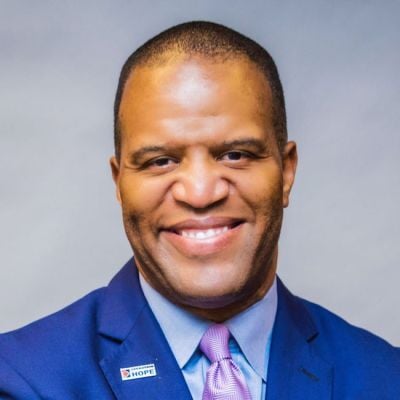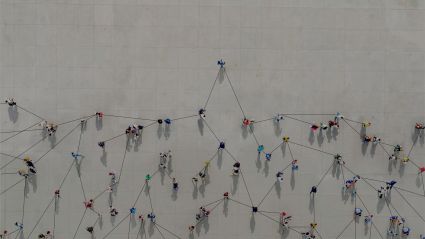
An ancient proverb holds that “You can’t enter the same river twice—because the river has changed … and so have you.”
As my business travel has resumed to pre-pandemic levels and I have occasion to meet with business and government leaders all over the world, I think about this phrase in the context of our (almost) post-pandemic world, what we’ve learned, and how leaders are being challenged to lead differently.
The essays gathered in this Power of Ideas collection offer various views on the risks and opportunities present as COVID recedes into the rearview. The throughline of AI and other burgeoning technologies and their ability to address financial, medical, and societal issues gets some keen observations, as do the untested waters of managing new risks inherent in realizing all of this promise. Climate, food systems, and leveling access to investment opportunities can also gain ground by using new tech adaptations. Increasing capital toward these initiatives can generate both financial and societally beneficial returns. But many of the issues we entered the pandemic with are still present.
Stakeholders are increasingly tasking corporate leaders to use their resources and platforms responsibly.
One ongoing change has corporate leaders being tasked by all of their stakeholders—employees, investors, and customers alike—to use their resources and platforms to address social issues in addition to turning out products and services profitably. It’s no longer enough to focus on the numbers you’re used to managing; a whole new set of numbers needs attention. Here are a few examples:
-
1.9: Of the $4.5 billion in venture capital funded last year, the percentage that went to women-led startups.
-
One in three: The number of Americans who can comfortably cover an unexpected $400 expense.
-
130: The number of mass shootings in America, in the first quarter of 2023.
-
37: The percentage of the world’s population with no internet access.
As you engage with these essays, think of which numbers need addressing in your own companies and countries and how some of the capital and competencies present at our Global Conference can be tapped toward developing strategies for the same. As the name of this compendium implies, we believe ideas have power. But, if left untended, unfunded, and unused, we’ll be admiring the same problems a decade from now, wondering why things haven’t changed.
We’re constantly entering new rivers; let’s make the most of it.



















